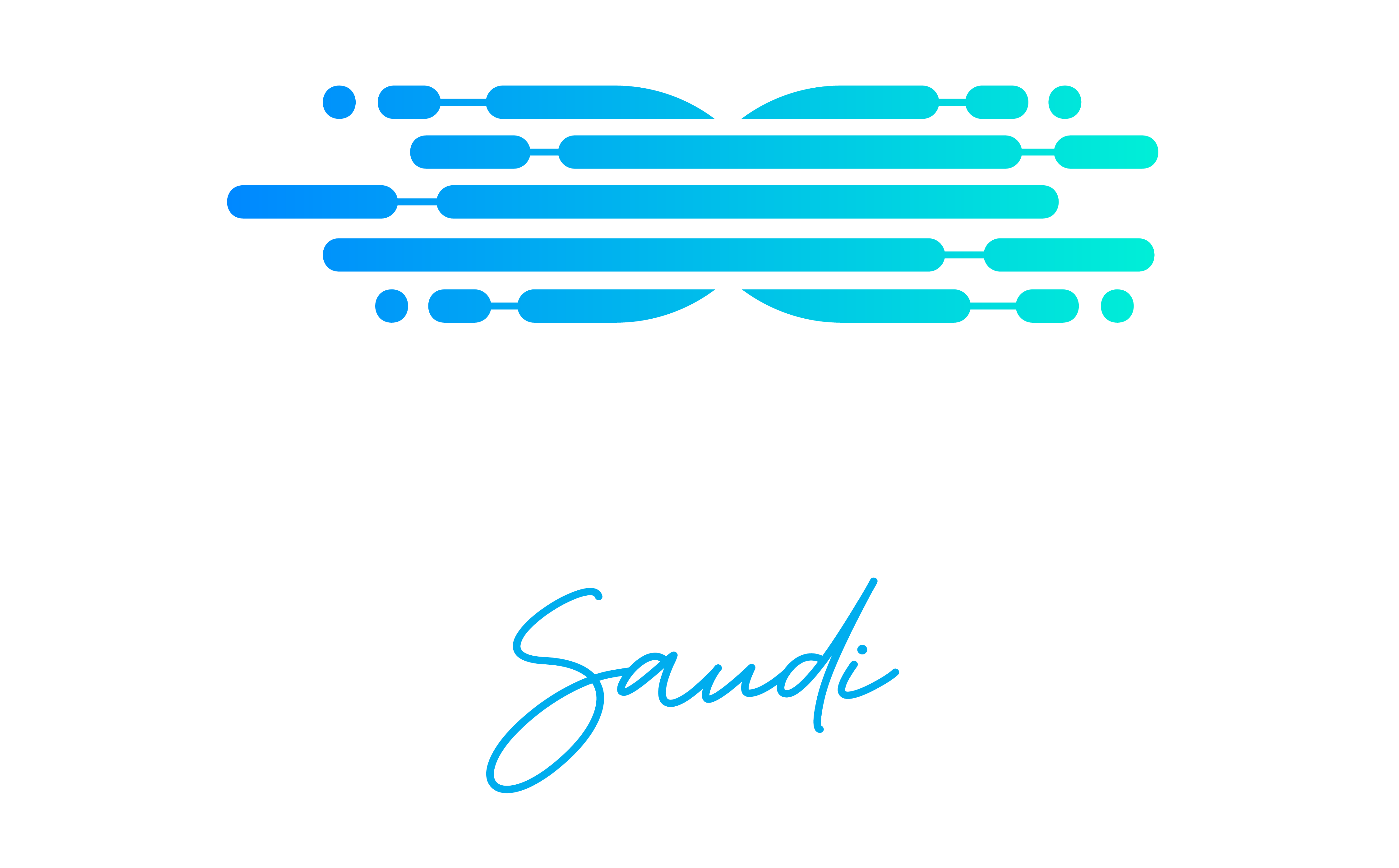Industrial Packaging Trends Transforming Saudi Arabia in 2026 and Beyond
)
Saudi Arabia's industrial sector is witnessing a rapid evolution in packaging solutions as the Kingdom advances its Vision 2030 agenda. From smart technologies enabling real-time product monitoring to sustainable materials addressing environmental concerns, these developments reflect a comprehensive approach to meeting market demands while pursuing sustainability goals. In 2025, several key industrial packaging trends are emerging that not only improve efficiency and reduce waste but also position Saudi businesses competitively in global markets.
Key industrial packaging trends emerging in Saudi Arabia
Smart packaging adoption for real-time shelf insights
Smart packaging technologies are gaining significant traction across Saudi industrial sectors. The Kingdom's smart packaging market reached USD 362.9 million in 2024 and is projected to grow to USD 604.7 million by 2033, with a 5.4% CAGR from 2025-2033 [IMARC Group].
Saudi manufacturers are implementing packaging solutions with embedded sensors, QR codes, and RFID tags that monitor critical product conditions like temperature and humidity.
-
AI-powered quality control systems using computer vision to detect defects
-
Machine learning algorithms optimizing packaging design for local preferences
-
IoT sensors enabling real-time freshness monitoring, reducing food waste by 25%
Rise of green packaging solutions across manufacturing sites
The Kingdom's sustainable packaging market was valued at USD 2.02 billion in 2024 and is projected to reach USD 2.66 billion by 2030, growing at a CAGR of 4.68% [MarkNTel Advisors]. This growth responds to increasing environmental awareness and tightening regulations on plastic use.
With Saudi Arabia dominating 67% of plastic resin production in the GCC region but recycling only 5-7% of plastic, there's a clear need for sustainable alternatives. Manufacturers are turning to green packaging solutions to address these challenges while meeting consumer expectations.
Growing focus on sustainable industrial packaging formats
Saudi Arabia's packaging market reached 11.2 billion USD in 2024 and is expected to grow to 16 billion USD by 2033, with a CAGR of 4.02% [Labels and Labeling]. This growth comes with increasing interest in specialty applications and sustainability initiatives.
While the Kingdom is in the early stages of its sustainability journey, industry stakeholders are actively discussing strategies to reduce waste and carbon footprint. These conversations are driving innovations in packaging formats that:
|
Packaging Innovation |
Benefit |
| Lightweight designs |
Reduced material usage and transportation costs |
| Mono-material structures | Improved recyclability |
| Reusable formats | Extended lifecycle and waste reduction |
Innovative packaging solutions reshaping logistics
Integration of RFID and IoT in supply chain packaging
RFID, NFC, and IoT technologies are transforming supply chain management in Saudi Arabia. With government investments exceeding US$267 billion in the logistics sector by 2030, these technologies are gaining rapid adoption.
Smart packaging applications enable:
-
Real-time product condition monitoring throughout the supply chain
-
Enhanced inventory management and faster response to disruptions
-
Complete product information access for consumers via mobile phones
-
Anti-counterfeit functionality and product authentication
AI-driven algorithms further enhance these capabilities by enabling predictive maintenance and reducing downtime in transport networks, creating a more reliable and efficient supply chain.
Wider usage of packaging automation trends for warehousing
Automation is revolutionizing industrial packaging operations in Saudi warehouses. The packaging automation solutions market was valued at USD 5.2 billion in 2024 and is projected to reach USD 9.8 billion by 2033, growing at a CAGR of 8.5% [LinkedIn].
Saudi companies are implementing:
-
Advanced tracking systems for real-time inventory visibility
-
Robotic packaging lines that increase production efficiency
-
AI-driven quality control systems that detect defects at high speeds
-
Automated material handling equipment that reduces labor costs
These automation technologies streamline operations, improve reliability, and align with Vision 2030 goals for industrial advancement.
Custom biodegradable materials for heat resistance and durability
Saudi Arabia's harsh climate presents unique challenges for packaging materials. Biopolymer-based packaging is emerging as a sustainable replacement for conventional plastics, offering biodegradability while withstanding extreme temperatures.
Challenges in developing these materials include:
-
Scalability and production costs
-
Maintaining mechanical properties in extreme conditions
-
Addressing knowledge gaps about biopolymer degradation effects
Researchers are exploring nanocomposite materials and antimicrobial agents to enhance performance while maintaining sustainability credentials.
How are Saudi industries preparing for regulatory changes?
Impact of Vision 2030 on packaging sustainability demands
Vision 2030 has established ambitious sustainability targets that are reshaping packaging requirements across Saudi industries. The recent implementation of higher tariffs on imports marks a significant shift in economic strategy, supporting local manufacturing and sustainability initiatives.
Companies are developing comprehensive sustainability strategies that include packaging innovations to:
-
Comply with current and anticipated regulations
-
Reduce waste and improve resource efficiency
-
Support circular economy principles
-
Enhance market positioning through sustainability credentials
Investments in circular packaging infrastructure and R&D
To support the transition to sustainable packaging, Saudi Arabia is investing in circular economy infrastructure. The sustainable packaging market's growth to USD 2.66 billion by 2030 [MarkNTel Advisors] is supported by investments in:
-
Recycling facilities and material recovery technologies
-
Research centers for packaging innovation
-
Testing and certification programs for sustainable materials
-
Supply chain infrastructure for circular material flows
Partnerships driving eco-focused innovation in packaging tech
Collaboration is accelerating packaging innovation in Saudi Arabia. The Kingdom recently signed a Memorandum of Understanding with global packaging leader Sidel S.p.A. to explore launching operations within Saudi Arabia [Daleel], highlighting the emphasis on bringing advanced packaging expertise into the country.
The Saudi Arabian green packaging market benefits from these partnerships through:
-
Knowledge exchange and technology transfer
-
Joint research and development projects
-
Adoption of global best practices
-
Development of solutions tailored to local needs
Conclusion
The industrial packaging landscape in Saudi Arabia is undergoing significant transformation, driven by technological innovation, sustainability imperatives, and regulatory changes aligned with Vision 2030. Smart packaging technologies are improving product safety and shelf life, while green solutions address environmental concerns. Logistics operations benefit from RFID and IoT integration, automation, and innovative materials. As these trends develop, companies that embrace innovation and sustainability in their packaging strategies will gain competitive advantages in Saudi Arabia's evolving market. The transformation of industrial packaging represents not just compliance with regulations but a path to more efficient, sustainable, and profitable business operations in a changing global economy.
FAQs
Ques: What are the top industrial packaging trends shaping Saudi Arabia in 2025?
Ans: The top industrial packaging trends include smart packaging with IoT integration, green packaging solutions, sustainable packaging formats, RFID technology in supply chains, increased automation in warehousing, custom biodegradable materials for the Saudi climate, and circular packaging initiatives aligned with Vision 2030 goals.
Ques: How does smart packaging enhance product tracking and safety in the Kingdom?
Ans: Smart packaging enhances tracking and safety through embedded technologies like RFID tags, NFC chips, and sensors that monitor conditions in real-time. These solutions reduce food waste by 25% by ensuring optimal conditions during transport. They also enable authentication to prevent counterfeiting and provide consumers with detailed product information via smartphones.
Ques: What actions are Saudi companies taking towards sustainable industrial packaging?
Ans: Saudi companies are investing in biodegradable materials, redesigning packaging to use fewer resources, implementing circular economy principles, partnering with international experts, developing recycling infrastructure, and researching innovative materials suited to Saudi Arabia's climate while meeting Vision 2030 sustainability goals.
Ques: Which automation trends are transforming industrial packaging in Saudi warehouses?
Ans: Key automation trends include AI-powered quality control systems, machine learning algorithms for packaging design optimization, AI-driven supply chain management for demand prediction, robotic packaging lines, and integrated warehouse management systems that coordinate with IoT-enabled packaging for seamless logistics operations.
Ques: What role do green packaging solutions play under Saudi Arabia's Vision 2030?
Ans: Green packaging solutions support Vision 2030 sustainability objectives by reducing waste, conserving resources, and building a circular economy. They contribute to economic diversification through innovation, help meet international environmental standards for exports, create jobs in green industries, and improve waste management infrastructure across the Kingdom.


